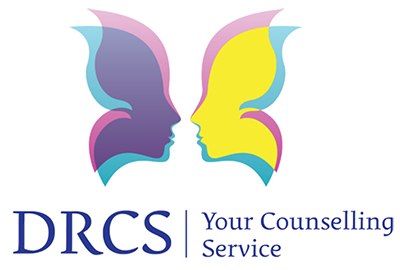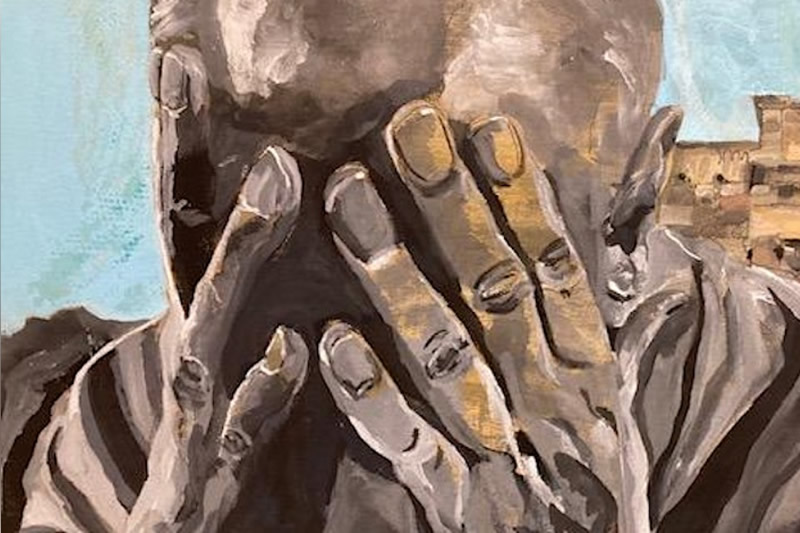Appointments available now - No waiting
Room Hire available for Therapy and Wellbeing sessions + board room for Meetings and Training events in centre of Derby and Chesterfield.
Your local charity needs you - We are looking for Trustee's and Volunteers for new and exciting projects! Please contact 01246 232891 or email admin@drcs.org.uk. We can't wait to hear from you.







